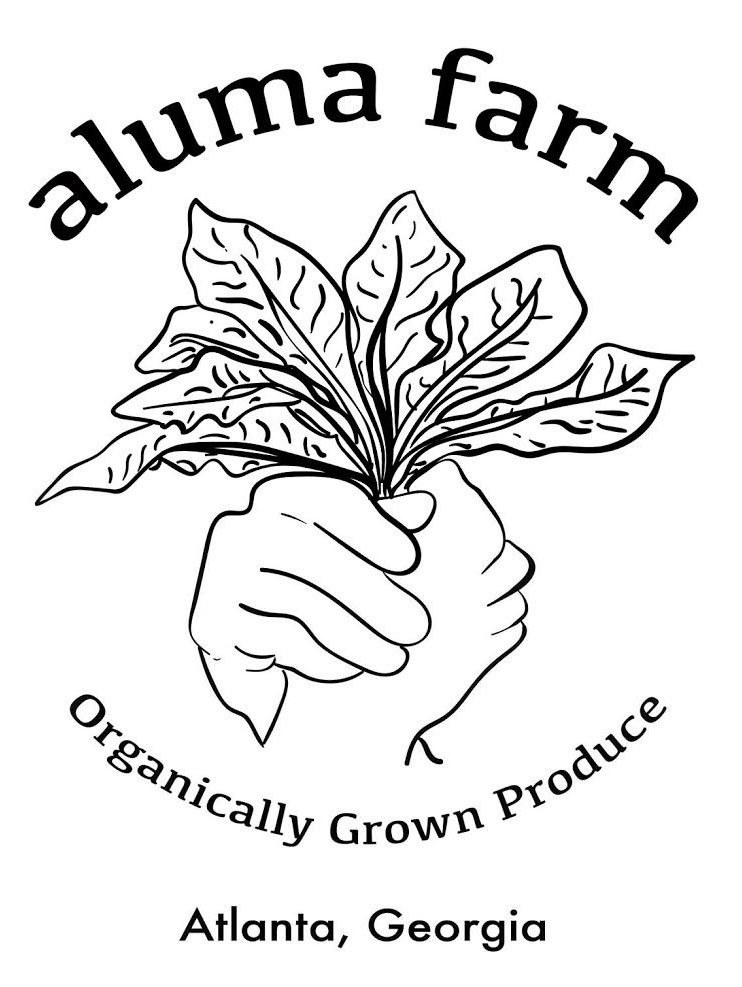Plant Sale FAQs:
My plant died! Can I return it?
Unfortunately, no. We wish that we could guarantee that all of the plants you buy from us will produce tons of delicious food- but there are so many variables in gardening. The plants we sell are high quality and grown from seed on the farm, but we can't make any promises once they leave our care.
Are you doing pre-orders?
Yes! You can pre-order plants for our plant sales on March 21 and April 11. We will have our cool-weather spring plant varieties available March 21, and our warm-weather, summer plant varieties starting April 11. We will hold back 50% of our total plant starts for per-orders, and 50% for walk up sales, so don’t fret if something is sold out ahead of time!
We will not be packing your individual order, so please bring a copy of your order to pick out your plants in the “reserved for pre-orders” section of the plant sale. We will check you out by confirming you picked up all the plants in your order!
What are annuals and perennials, and when do I plant them?
Annuals are plants that complete their life cycle in one season, and must be replanted each year. Planting times depend on the specific plant, but generally fall in either spring (February-April) or fall (August-September) planting times.
Unlike annuals, perennials can survive winter (although they may appear dead during the colder months), and will return in the spring. They generally only flower for one season per year. Generally, they should also be planted in either spring or fall.
Where can I learn more about gardening?
UGA Extension's Home Garden Publications has lots of great information for growers, from beginners to experts, and it's all specifically tailored for Georgia's climate!
Johnny's Seeds is where most of the seed for our plants comes from, and they have lots of great information about the varieties you'll be growing.
Southern Exposure Seed Exchange is another seed company we buy from, and their Growing Guides have some great information for specific crops. They also have a good bit of information about seed saving for home gardeners!
Ira Wallace's (of Southern Exposure) Vegetable Gardening in the Southeast is a great resource for more in-depth information on dates, techniques, equipment, and even WORMS! And it's broken into monthly calendars, which can be really helpful when planning your garden.
What's all this about first and last frost date?? Do I need to be a psychic to plant some veggies?!
NO! The first and last frost dates for an area are based on historic data and climate trends. For Atlanta, our first frost date is October 25th, and the last is April 15th.
My garden space is in the shade. Should I lose all hope?
Most fruiting plants (tomatoes, peppers, okra etc.) and many of our flowers need full sunlight to be productive. This means 6+ hours of direct sunlight per day (not filtered through trees etc.)
Greens and root vegetables can be productive with light to partial shade- that can range from a 2-6 hours/day of direct sunlight, with some filtered or indirect light for the remainder of the day. Some of our flowers and herbs are shade tolerant too- read the information about specific varieties to determine what might work for you!
What do I need to do to the soil if I'm planting in the ground?
Georgia is known for its red, clay- rich soil. The best way to deal with clay soil is through amending with organic material, like compost!
Clay soil does not allow for good drainage, and many of our plants don't like having "wet feet" (especially tomatoes). Plants that are more tolerant of poorly drained soils are some of our flowers, especially perennials (ageratum, rudbeckia, milkweed, monarda), lemon balm, and mint.
If you're planting in a container, make sure to use a good potting mix, to avoid the soils getting too compacted.
My plants are infested with bugs what do I do?
The cheapest and most effective way to manage insect pests at home is manually- pick em off!
For a cheap and mild at-home insecticide, try spraying the foliage of insect-infested plants with diluted castile soap (1 tablespoon per quart of water). It's not harmful to the plants, humans, or wildlfe.
We occasionally apply organic pest control sprays for more intense infestations on certain crops. Feel free to ask us for more information, or check out UGA Extension Office's Home Garden Publication!

